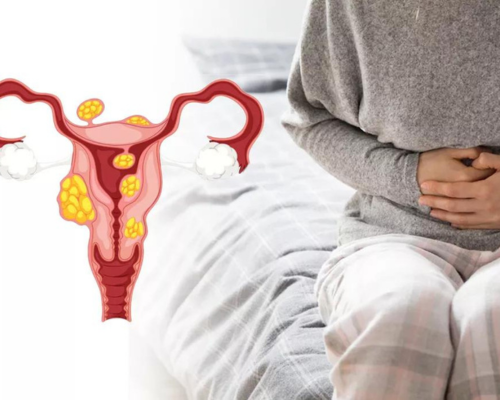Understanding Infertility and fibroids
Introduction
Infertility can be a challenging and emotionally distressing journey for many individuals and couples who are trying to conceive. One potential cause of infertility that affects a significant number of women is uterine fibroids. In this blog post, we will explore what fibroids are, how they can impact fertility and the available treatment options.
What are Fibroids?
Fibroids, or uterine leiomyomas, are benign growths found within the uterine muscular walls. These growths consist of smooth muscle cells and fibrous connective tissue, exhibiting a spectrum in size from as tiny as a seed to as substantial as a grapefruit.
Impact of Fibroids on Fertility
Fibroids can impact fertility through various means:
Distortion of Uterine Cavity: Their size, number, and position can reshape the uterine cavity, potentially hindering the proper implantation and growth of a fertilised egg.
Fallopian Tube Obstruction: Larger fibroids near the fallopian tubes might obstruct their openings, impeding the journey of sperm to the egg.
Hormonal Disruption: Interference with hormonal balance by fibroids can disrupt the release of eggs from the ovaries and the successful implantation of a fertilised egg in the uterus.

Navigating infertility due to fibroids involves understanding treatment avenues tailored to individual circumstances. Various factors, like symptom severity, fibroid size, location, and fertility desires, influence the chosen approach.
Medications like GnRH agonists target fibroid reduction by suppressing estrogen and progesterone production, inducing temporary menopause-like effects. Surgical options include myomectomy, preserving the uterus by excising fibroids through minimally invasive or open procedures, and uterine artery embolization, cutting fibroid blood supply via injected particles. Magnetic Resonance-guided Focused Ultrasound Surgery (MRGFUS) destroys fibroids using focused ultrasound waves, a non-invasive alternative.
When conventional methods fall short or in cases of concurrent fertility issues, Assisted Reproductive Techniques (ART) like in vitro fertilisation (IVF) may be recommended. IVF involves fertilising eggs and sperm in a lab, followed by embryo transfer into the uterus.
Seeking guidance from healthcare professionals or fertility specialists is crucial. They can assess your unique situation, discuss treatment options, and facilitate informed decisions. With appropriate medical support, many women with fibroids can conceive successfully and experience a healthy pregnancy. If infertility concerns arise alongside fibroids, exploring available treatments tailored to individual needs is key to realising the dream of parenthood.
